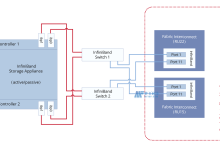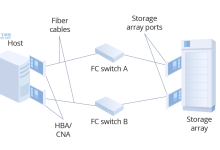Dynamic library loading in linux is an essential part of the operating system. It is a feature that allows programs to access certain components of the operating system at runtime without having to link to them when they are compiled. This makes it easier to bundle programs together more efficiently and make better use of the available memory and processor resources.
This feature is made possible using functions called __entry__. These functions provide a convenience for program developers. It allows them to register functions and variables in the library so that they can be used by other programs at runtime. All library functions and variables must be registered with the __entry__ function before they can be used.
The most common way of registering a library function is by adding the following code to the source code of the library:
static __entry __attribute__ ((constructor))
my_init_function(void)
{
/* Add function registration code here */
}
The __entry__ function can also be used to execute additional code when a library is loaded by a program. For example, if a library requires a certain system environment to be set up before it can be used, the __entry__ function can be used to set up that environment in advance. This can be a useful way of ensuring that the library will always have access to the appropriate system environment when it is loaded by a program.
Besides registering functions and variables, __entry__ functions can also be used to dynamically load additional libraries in a program. This is accomplished by using the __dlopen__ function to open the library and calling __dlsym__ to get a pointer to the functions contained in the library.
In conclusion, the __entry__ function is an extremely powerful tool for Linux developers. It can be used to register libraries, variables, and functions; as well as to execute additional code when a library is loaded. It is an important part of dynamic library loading, which is an essential feature of the Linux operating system.

 国外主机测评 - 国外VPS,国外服务器,国外云服务器,测评及优惠码
国外主机测评 - 国外VPS,国外服务器,国外云服务器,测评及优惠码









